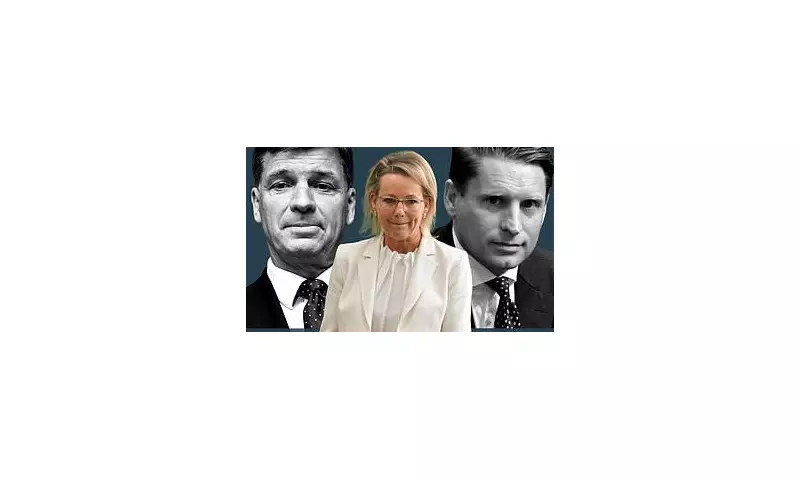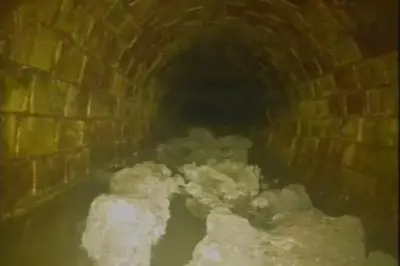
The Australian Liberal Party is on the verge of a major climate policy reversal, moving to abandon the legislated net-zero emissions target for 2050 after a marathon meeting of its MPs and senators.
A Fractious Party Room Debate
Following a five-hour meeting involving all 51 Liberal parliamentarians, a majority voiced support for ditching the key climate commitment. The party's shadow cabinet is expected to formally agree on the policy shift when it convenes in Canberra on Thursday, with an official announcement to follow shortly after.
This decisive move is championed by the party's ascendant conservative faction but represents a significant blow to Liberal moderates. These moderates fear the reversal will severely damage their chances of winning back vital inner-city electorates where climate action is a priority for voters.
Moderate Backlash and Internal Rifts
The policy shift has exposed deep rifts within the party. South Australian senator Andrew McLachlan did not mince words when asked about colleagues who see electoral advantage in scrapping net zero, stating plainly: 'You're wrong.'
'If you're going to argue that we're going to abandon net zero, you're going to be very alone in the community and also the business community,' he told ABC Radio National. 'I think all levels of community have moved on.' Despite his strong objections, Senator McLachlan affirmed his commitment to the party.
Other moderates have gone further, signalling potential frontbench resignations. New South Wales senators Andrew Bragg and Maria Kovacic have indicated they would find it difficult to remain in shadow cabinet if it endorses walking away from the 2050 goal.
The Proposed New Energy Framework
Energy spokesman Dan Tehan outlined ten principles guiding the new policy. The foundational goals are ensuring stable and affordable power while still taking some action to reduce emissions.
The proposed framework includes several controversial measures:
- Extending the life of ageing coal-fired power plants for as long as possible.
- Lifting the long-standing ban on nuclear power.
- Scrapping a series of Labor policies that Liberal MPs label 'sneaky carbon taxes'.
While the party is widely expected to retain an aspirational goal of reaching net-zero emissions at some undefined point, it will formally drop the specific 2050 deadline that is currently enshrined in law.
Senator Dave Sharma, another moderate, struck a conciliatory tone, saying he would respect the majority view. 'Whatever the party ultimately decides, and the shadow ministry ultimately decides, I'm a team player. I'm going to go out and prosecute and sell that message,' he told Sky News.
Opposition Leader Sussan Ley, whose leadership has been under pressure during this policy debate, described the meeting as 'excellent' but avoided questions on whether her colleagues were united. Western Sydney MP Melissa McIntosh offered support, stating Ms Ley's position as leader was safe and that she had 'a spring in her step' following the discussions.
Next Steps and Coalition Dynamics
Once the Liberals formalise their position, they must still negotiate a shared policy with their coalition partner, the Nationals. A joint partyroom meeting has been scheduled for Sunday, where the political allies are expected to announce a final agreement.
Adding to the complex political landscape, Senator Sharma stated the party would keep its commitment to the Paris Agreement. However, it remains unclear how this will be managed in practice, as the international pact requires signatories to continually increase their climate ambition.
Former prime minister Tony Abbott, who originally signed Australia up to the Paris agreement in 2015, expressed encouragement at the Liberals' new direction. 'You should never put cutting emissions ahead of saving jobs, keeping industries and trying to make people's cost of living affordable,' he told Sky News.





